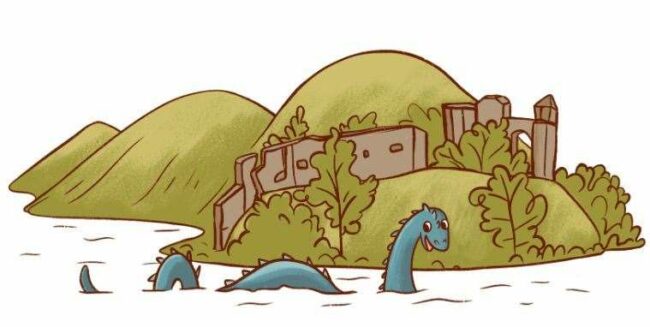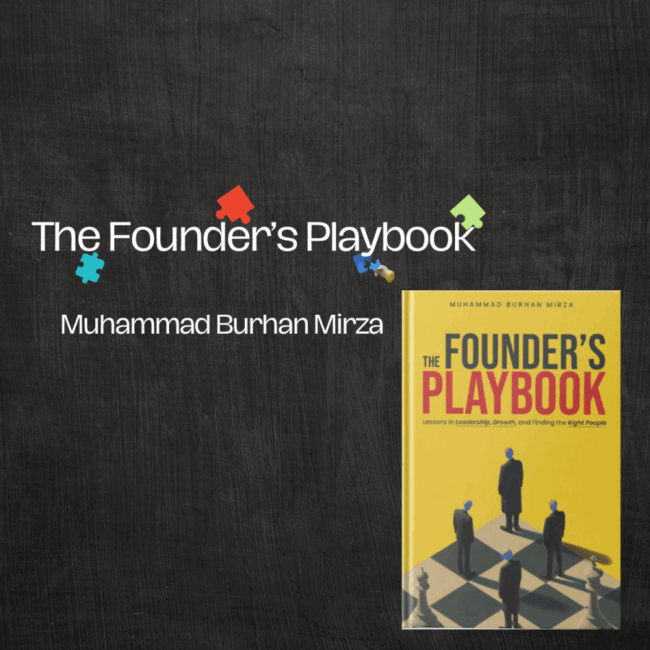Every A Court of Thorns and Roses Book, Ranked From Worst to Best
… weakest of the current ACOTAR books. ACOFAS primarily revolves around … readers. The first ACOTAR book introduces an atmospheric world that … to the most recent ACOTAR book, perhaps because Maas noticeably … growth and empowerment. The book’s ending is more …










